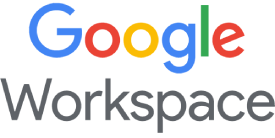
Coda is a productivity and collaboration tool that combines the functionalities of document management (word processing), spreadsheets and databases to create a single customizable workspace.
While Coda has recorded significant success as a productivity tool, it may not be the best option for all types of users looking for the best project management software for their needs. There are many Coda alternatives and competitors in the market, but we evaluated the best Coda alternatives in this guide to help you determine the best option for your business.
We also reviewed Coda extensively in a separate article to help you learn about its features, functionalities, strengths and weaknesses and pricing.
Jump to:
| Document management | Task management | Storage | Knowledge base management | Starting price (billed annually) | |
|---|---|---|---|---|---|
| Coda | Yes | Yes | Yes | Yes | $10 per month per Doc Maker |
| Google Workspace | Yes | Limited (needs integration) | Yes | Yes | $6 per user per month |
| Airtable | No | Yes | Yes | Yes | $10 per user per month |
| Microsoft OneNote | Yes | Limited | Yes | Yes | $6 per user per month |
| ClickUp | Yes | Yes | Yes | Yes | $7 per user per month |
| Notion | Yes | Yes | Yes | Yes | $8 per user per month |
| monday work management | Yes | Yes | Yes | Yes | $8 per user per month |
| Asana | Yes | Yes | Yes | Yes | $10.99 per user per month |
| Quip | Yes | Limited | Yes | Yes | $10 per user per month |
Google Workspace (formerly G Suite) is a cloud-based productivity platform with various collaboration tools like Drive, Gmail, Meet, Chat, Calendar, Docs, Sheets, Slides, Forms, Sites and more. The Google Docs app is a word-processing app that allows users to create text content and collaborate with other team members in real-time. With the Meet app, teams can conduct video meetings and conferences, while Chat allows for instant messaging and group conversations.
Figure A

The Drive app is a cloud storage system that enables users to store and access files on the go from any device with internet access. The platform also enables businesses to create custom emails for their employees.
The platform offers four pricing plans with various capabilities. You can either pay per month or per year. It also has a 14-day free trial to enable you to get familiar with the platform before subscribing to the tool.
We selected Google Workspace for its extensive collaborative features. Although Coda also offers some collaborative capabilities, Google Workspace stands out for its long list of tools and applications that allow teams to collaborate via various channels, including chat and video.
For more information, read our Google Workspace cheat sheet to learn how it can help improve your workflow.

Airtable is a project management tool that enables small and mid-sized businesses, as well as teams in large organizations, to create, organize and collaborate on structured data. It combines a spreadsheet’s capability with a relational database’s flexibility to enable users to input and manipulate data.
Airtable is used by over 450,000 companies, including Expedia, Medium, Time and BuzzFeed.
Figure B
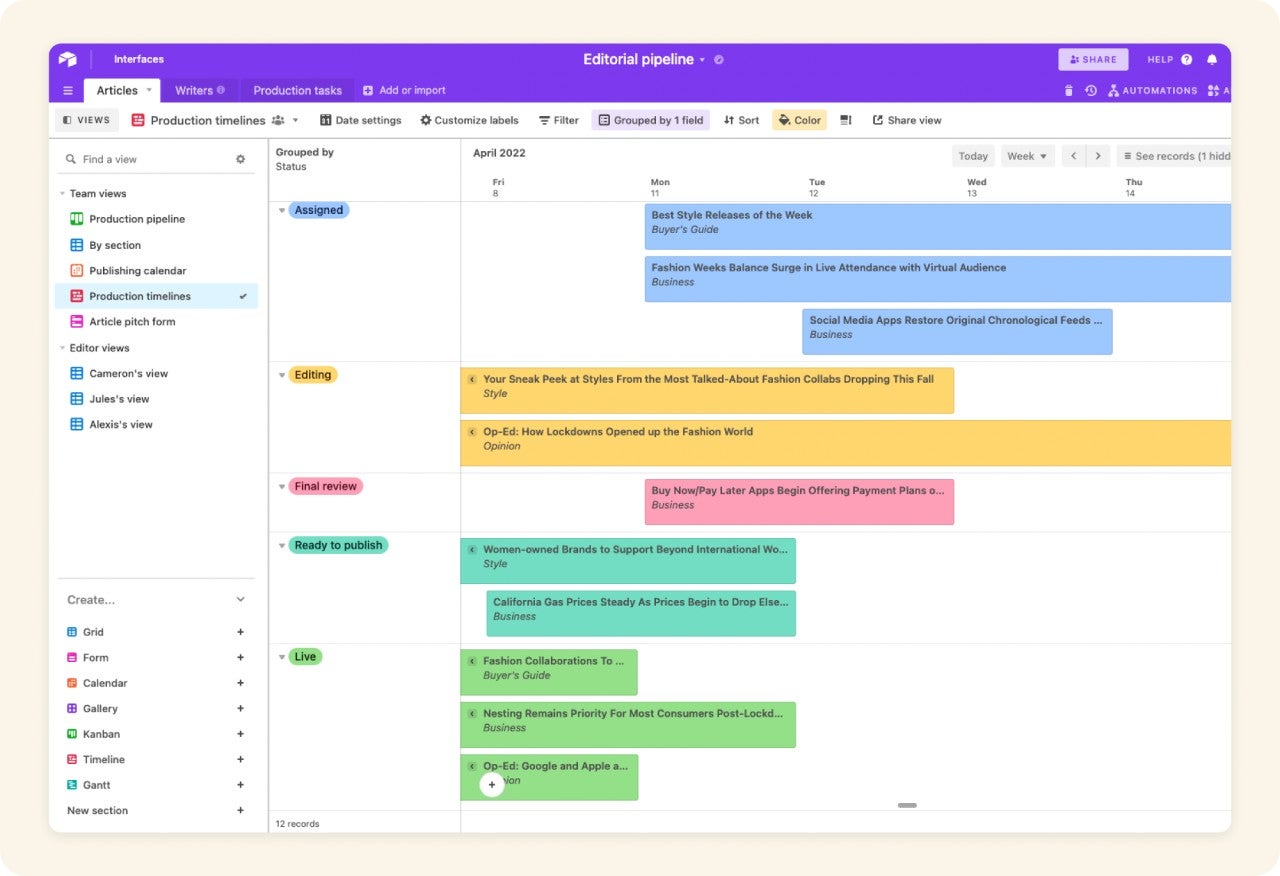
We selected Airtable because it allows companies to build connected apps to power their operations easily. The platform can double as a project management tool and a database, making it easy for teams to organize, connect and share critical business information.
For more information, read our in-depth Airtable review to determine if it is the best option for you.

Microsoft OneNote is a digital note-taking, note-capturing, file storage and sharing application that allows users to create, organize and share notes using text, images, audio and video. The free version offers up to 5 GB storage, while the paid plans include 1 TB storage. OneNote is available on Windows, macOS, iOS and Android and as a web app, allowing users to access their notes across different devices.
Figure C
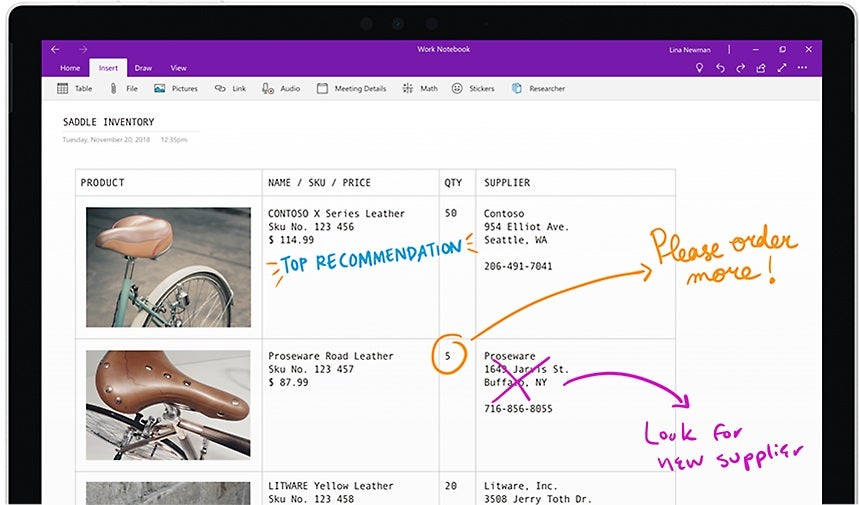
Microsoft OneNote is available in two editions: For home and for business.
For home
For business
We selected Microsoft OneNote as one of the best Coda alternatives for its simplicity and ease of use. The tool enables users to create and share documents with ease and also allows them to store their files for real-time retrieval.
We analyzed Notion and OneNote side by side to help you learn how both tools compare in terms of pricing, features, functionalities, strengths and weaknesses.

If you’re looking for a project management tool that combines affordability with quality features, you may like ClickUp. The platform offers a range of features to help your team stay organized and productive, including document management, task management, team collaboration, reporting and analytics, workflow automation and more. ClickUp’s impressive free plan makes it an appealing choice for small businesses on a budget, while its advanced features are solid enough to help large enterprises manage complex projects.
Figure D
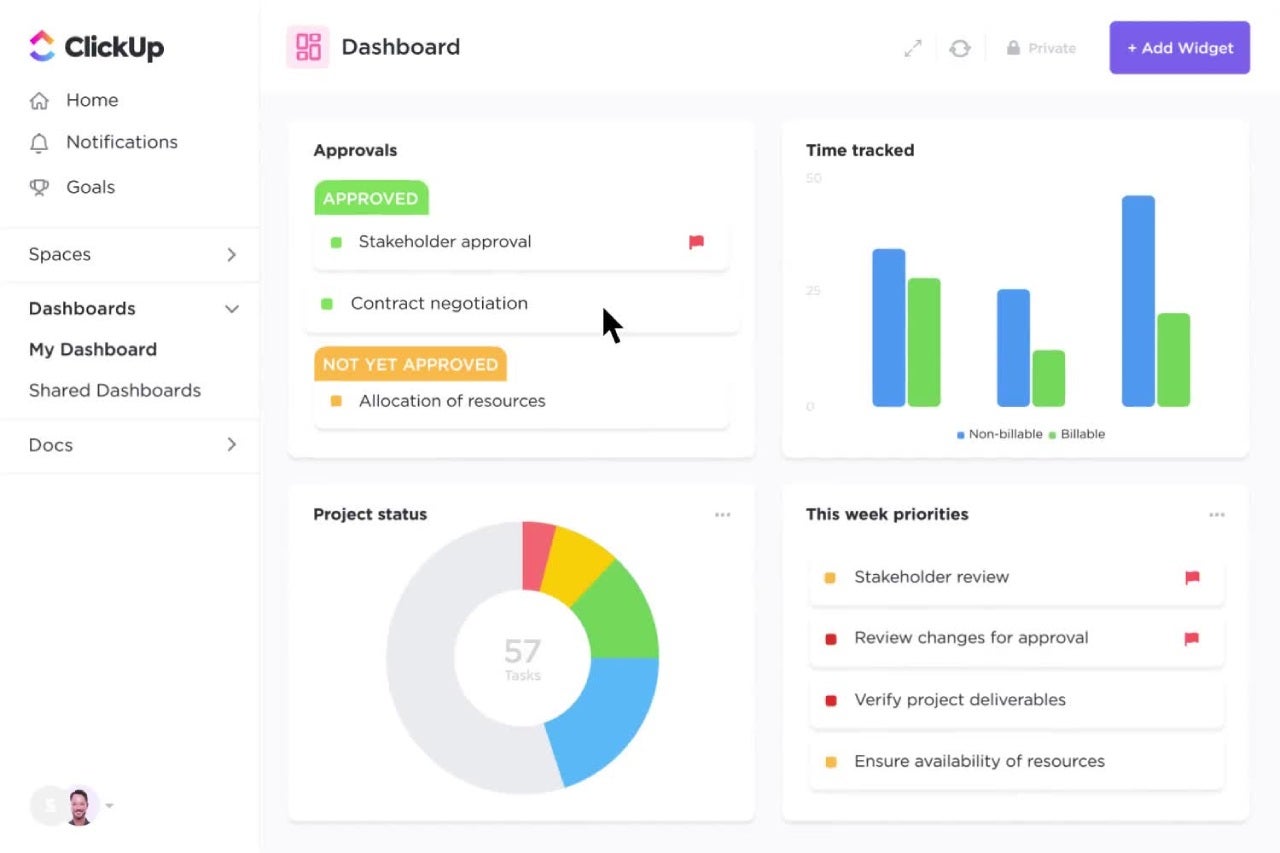
ClickUp offers a generous free plan and four paid plans, allowing you to select the plan that has the features you require.
We selected ClickUp for its affordability. Its pricing plans are cheap when you consider the number of features it offers, making it a budget-friendly tool for some small businesses.
For more information about the tool, explore our comprehensive review of ClickUp to learn more about its capabilities.

Notion is a note-taking app with project management capabilities. Its versatility makes it an ideal tool for freelancers, startups and small businesses. The tool allows you to customize and configure your workflow to meet your requirements, helping you keep track of tasks, projects and deadlines.
Figure E
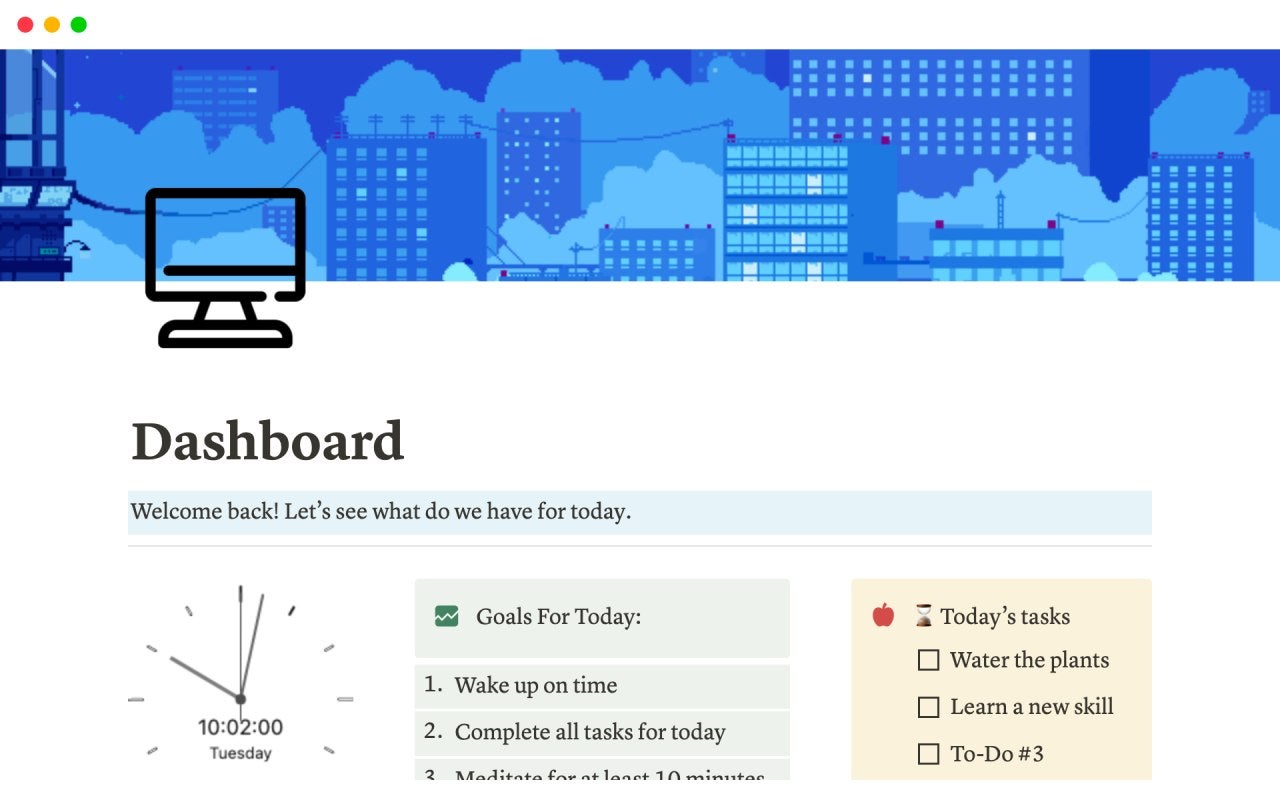
With Notion, you can also create databases for different purposes in order to organize and categorize information. You can explore our comprehensive Notion analysis to determine if it can serve your project management, note-taking and document management needs.
While Coda is suitable for professional teams working on complex projects, Notion serves the needs of individuals or teams looking for an easy way to organize data and collaborate. It offers affordable pricing for small teams, making it accessible for startups and small businesses. Our Coda vs. Notion review explains in detail how both tools compare in terms of features, pricing and functionalities.

monday work management is one of the best project management software for teams. The tool offers various features, including team collaboration, task management, time tracking, document management and more. It allows users to perform up to 250,000 automation and integration actions per month, making it easy for teams to connect to the tools they already use and also automate their workflows.
Figure F

We selected monday work management for its versatility. The tool offers various functionalities that appeal to the needs of various professionals and cross-functional teams across large enterprises. You can configure monday work management to meet your requirements and personalize it to fit your specific workflows.
Our analysis of monday work OS includes its pricing, standout features, pros and cons and top alternatives.

Asana is a work management tool that helps teams create, organize, track and manage tasks on a centralized platform. The tool includes task management and team collaboration features to help your teams stay productive.
Asana’s free plan has many capabilities that make it appealing to small businesses, and its paid plans offer value for money with their extensive list of advanced features that allow you to manage complex projects with ease. Plus, it offers niche-specific features for professionals in some industries and general features for organizations with regular project management needs.
Figure G
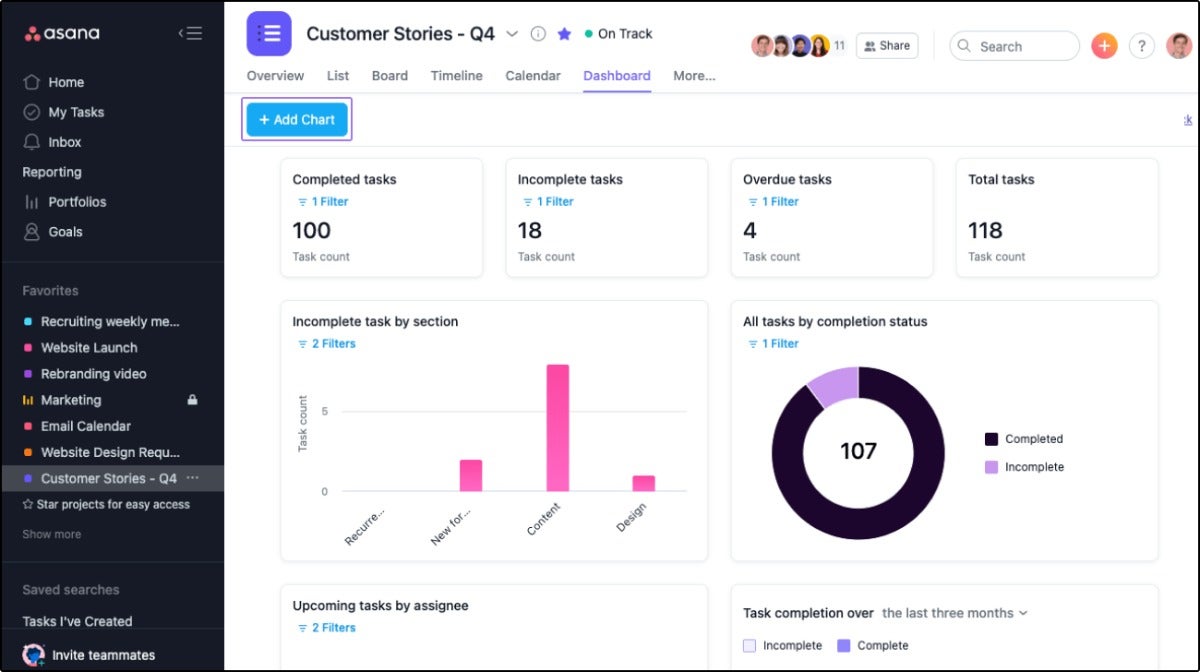
We selected Asana as one of the best Coda alternatives for its extensive project management capability, customizability and collaboration features. The tool is favored by distributed teams, agencies with freelancers and contractors and large enterprises with advanced project management needs.
For more information, read our in-depth Asana project management review.

Quip is a collaboration and productivity tool from Salesforce. It combines task management, chat, spreadsheets and documents into one platform. Quip allows teams to communicate and work together in real-time, making it easier to collaborate on projects, track tasks and share information.
Figure H
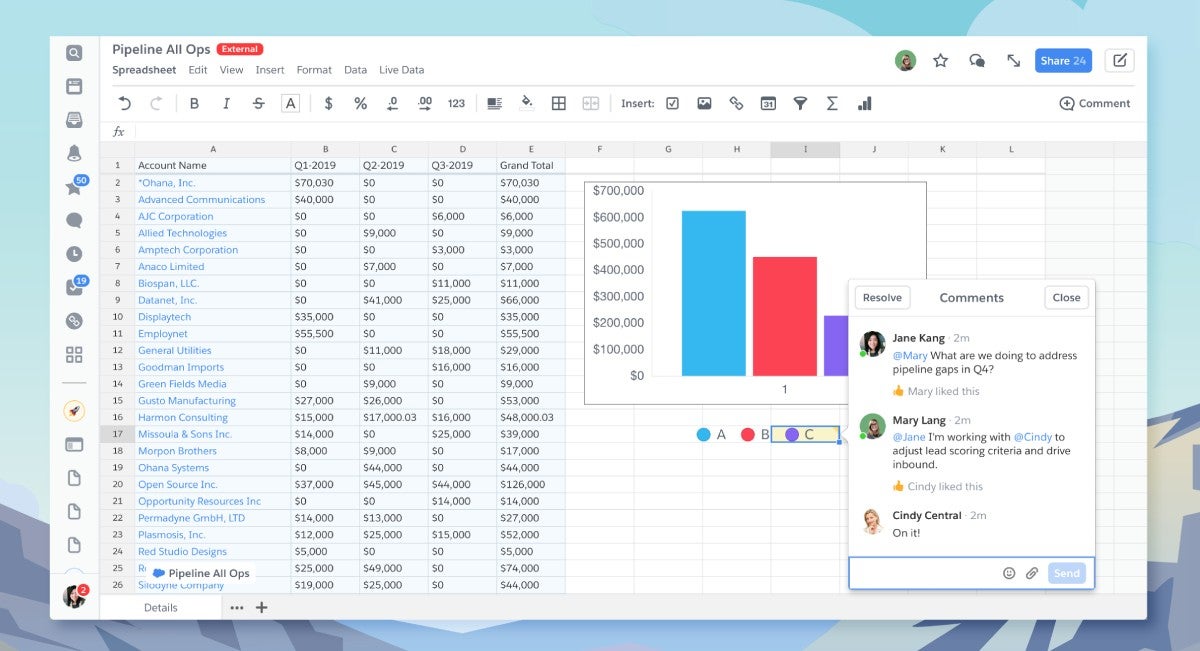
We selected Quip for its ability to help sales teams collaborate and be more productive. Quip’s integration with Salesforce products is a significant advantage as it allows for seamless data sharing and syncing, making it easier to keep track of important data.
Yes, Coda is worth it for companies looking for a productivity tool that combines the capabilities of databases, documents, spreadsheets and collaboration tools to manage their projects, meetings and knowledge base and keep track of their objective key results (OKRs) and planning.
Coda offers extensive integration of various third-party services across different teams, including sales and marketing, product, engineering, finance, education, HR and recruiting and more, making it easy for you to connect with the tools you already use in your company.
| Pros | Cons |
|---|---|
|
|
Coda offers a tiered licensing model payable monthly or annually, depending on your budget. Those who select the annual payment model will save 15% on their desired plan. Coda.io offers a free plan and three paid plans, each with various capabilities. Here’s how they compare:
When compared to the other tools analyzed in this guide, Coda may be expensive for small businesses with limited budgets.
While Coda has enjoyed widespread adoption among technical teams, it may not be the best option for all teams. You may need a Coda alternative if you want:
We conducted extensive research about the top Coda alternatives and selected the best options based on five parameters, such as ease of use, affordability, quality and relevant features, integration with third-party services and task management capabilities. We collected primary data from each of the top-rated tool vendors’ websites and secondary data from review websites to learn about current and past user experience with each tool. This information, including our hands-on experience trying these tools, was used to create each Coda alternative product overview, features, pros and cons and pricing.